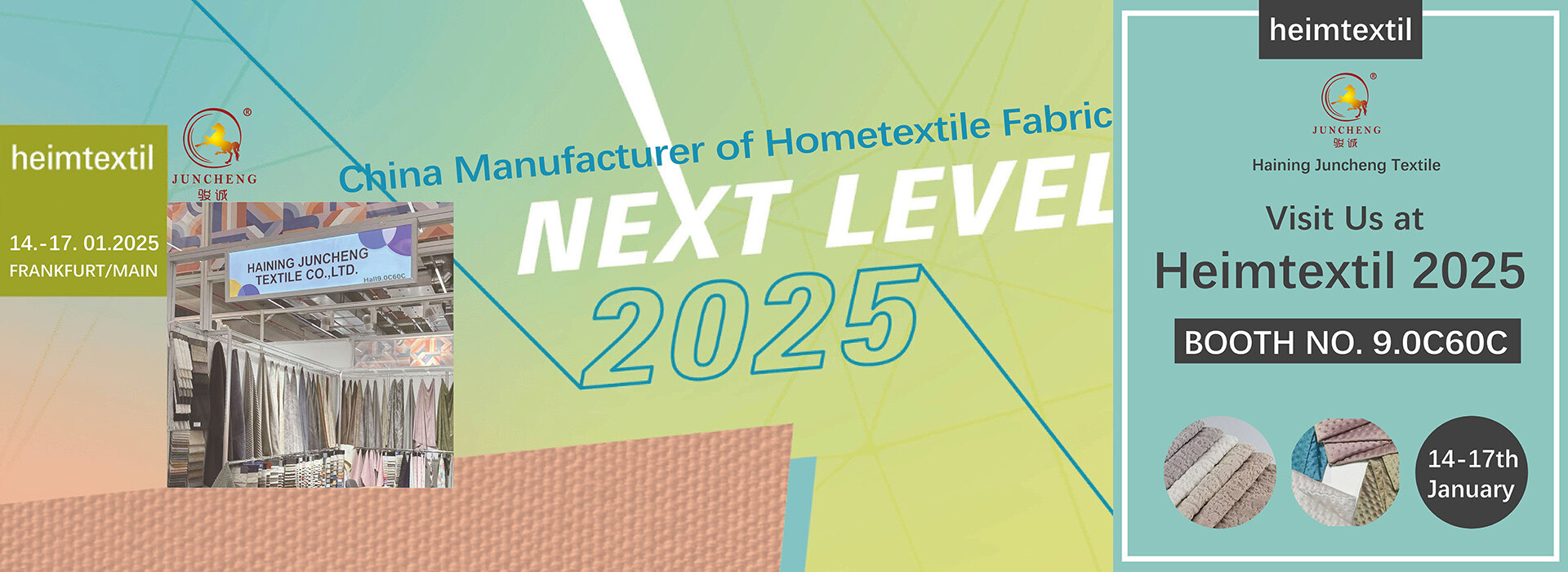Belgium is a key player in the upholstery fabric trade, both as a producer and an importer. The country's strategic position in Europe, its access to global markets, and its advanced logistics infrastructure make it an important hub for the import and distribution of upholstery fabrics. Upholstery fabric imports primarily serve the residential furniture industry, contract markets (e.g., hotels and offices), and luxury segments. Belgium's import market presents significant opportunities for fabric exporters who:
-Provide high-quality, eco-friendly, or sustainable fabrics.
-Offer competitive pricing.
-Cater to the rising demand for innovative and unique designs.
Key Features of the Belgian Import Market for Upholstery Fabric
1. Major Import Sources:
- Turkey: A leading supplier of high-quality and competitively priced upholstery fabrics. Turkish manufacturers often provide innovative designs and sustainable options.
- China: Supplies a broad range of affordable synthetic and blended fabrics specially for sofa fabric such as velvet and other woven designs. Haining Juncheng textile According to its production situation can offer a various range of designs for sofa fabric and curtain fabric in this market and we have some long term cooperation with clients and always try to keep the quality high for demand of this home textile market in Belgium.
- Italy: Renowned for luxury fabrics, particularly for premium furniture and interior design segments.
- Other EU Countries: The Netherlands, Germany, and France supply specialized and eco-friendly materials.
2. Fabric Types in Demand
- Velvet: Popular for high-end furniture such as sofa and curtain fabric.
- Jacquard: Widely used for premium designs and patterns.
- Polyester Blends: Valued for affordability and durability.
- Eco-Friendly Fabrics: Increasingly sought after due to growing consumer interest in sustainability.
- Natural Fibers: Cotton, linen, and wool fabrics remain staples in the Belgian market.
3. Market Drivers
Interior Design Trends: Belgium is known for modern and minimalist interior styles, which influence fabric imports to align with consumer preferences.
Sustainability: Demand for eco-friendly and sustainable upholstery fabrics is on the rise.
Furniture Industry Growth: Belgium's thriving furniture manufacturing sector drives the demand for imported fabrics.
4. Distribution Channels
Wholesalers and Distributors: Act as intermediaries for imported fabrics, supplying them to retailers and furniture manufacturers.
Retail Stores: High-end interior and textile stores offer imported fabrics to individual customers and designers.
